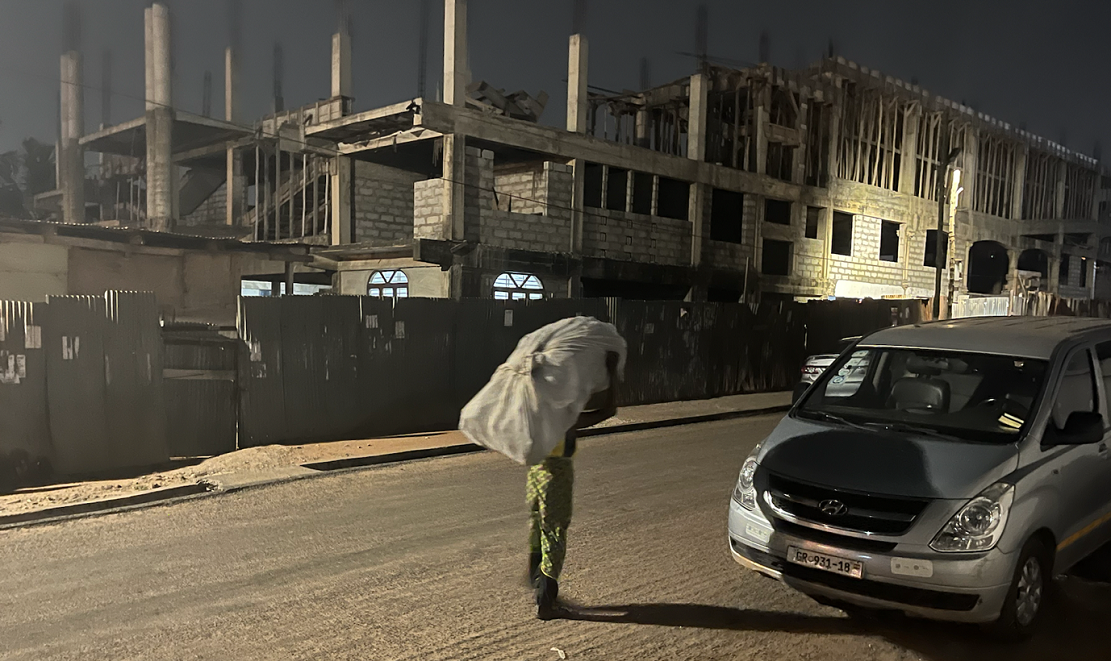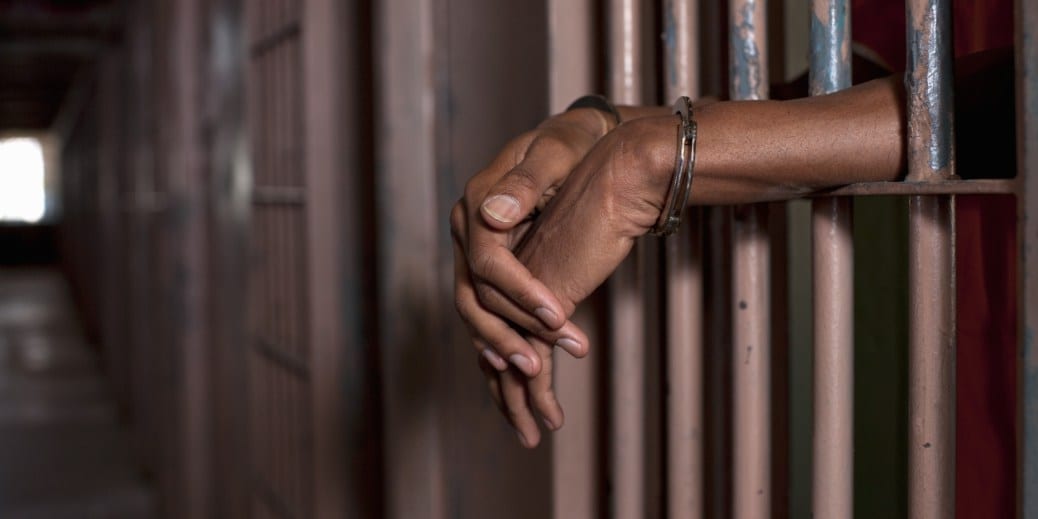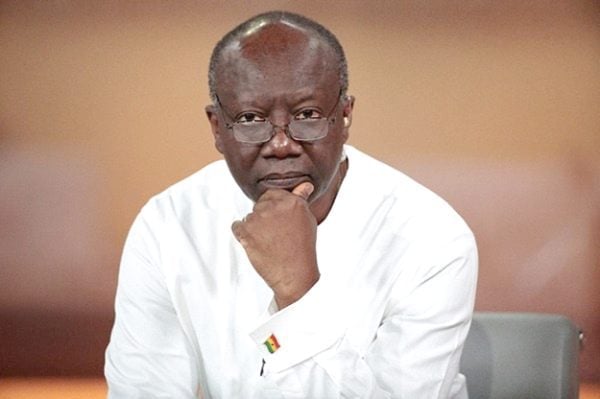
Introduction: Ghana’s Democratic Mirage: When Optimism Becomes a Liability
The December 2024 elections mark Ghana’s ninth attempt at democratic polls since returning to multiparty politics in 1992, a point Major General Richard Gyane, the Commandant, underscored in his opening remarks. Kwaku Danso, PhD, the moderator, stressed that Ghana’s elections during its Fourth Republic since 1992 have experienced violence. While the nation proudly touts its reputation for peaceful transitions, this narrative masks a disturbing reality: escalating electoral violence that threatens to unravel decades of democratic progress. The death of eight citizens during the 2020 elections—the deadliest in Ghana’s post-independence history—stands as a stark warning that optimistic rhetoric alone cannot safeguard democracy. As stakeholders gathered for the Kofi Annan International Peacekeeping Training Centre’s “Reflections on Security Symposium,” themed “Protecting the Ballot, Deepening Democracy,” my analysis argues that Ghana’s “subjective optimism” culture actively undermines efforts to prevent electoral violence and protect democratic institutions.
The event’s concept note aptly underscored that the high-stakes 2024 elections will occur in an environment of mistrust of state institutions by sections of the voting population and political entities. Simmering tensions among critical stakeholders point to possible security challenges during voting, counting, and the declaration of results. These issues risk the credibility of the 2024 elections and the country’s political stability. According to the concept note, several stakeholders are worried.
Despite this prognosis, the main speakers, who were drawn from the Coalition of Domestic Election Observers (CODEO), the Electoral Commission (EC), the National Commission for Civic Education (NCCE), the Ghana Police Service, and the Economic Community of West African States (ECOWAS), were overly optimistic in their outlooks and explanations of their roles and functions, preparations, and broad strategies. These optimistic outlooks exemplify the broader problem of subjective optimism in Ghana’s democratic discourse.
When Hope Becomes Hazardous: The False Choice Between Optimism and Reality
Subjective optimism refers to an outlook that emphasises positive possibilities while downplaying or ignoring concerning evidence and warning signs. It often stems from emotional investment in desired outcomes rather than careful analysis of facts. In contrast, objective pessimism involves a clear-eyed assessment of challenges and risks based on empirical evidence, even when those realities are uncomfortable. It prioritises identifying and addressing problems over maintaining an optimistic narrative.
Democracy’s Dangerous Comfort Zone: How Optimism Enables Violence
Ghana’s increasing electoral violence can be partly attributed to a culture of subjective optimism that manifests in several problematic ways. Political and civic leaders often downplay warning signs of potential violence, instead emphasising Ghana’s reputation as a stable democracy. This mindset leads to inadequate preventive measures and preparation. For instance, despite clear indicators of rising tensions before the 2020 elections, including violence during voter registration, many stakeholders maintained an optimistic outlook that undermined serious conflict prevention efforts.
In the Ghana Voter Registration 2020 book, I documented how this subjective optimism led to insufficient responses to concerning developments, such as the violence during the Ayawaso West Wuogon (2019) by-election and the proliferation of political vigilante groups. Rather than treating these as severe warning signs requiring systematic intervention, they were often dismissed as isolated incidents that would not affect Ghana’s democratic trajectory. This optimistic bias contributed to the weak implementation of anti-vigilantism laws and inadequate security preparations, underlined by political interference in the election security architecture.
Manufacturing Vulnerability: How Optimism Undermines Election Security
The main risks manufactured by subjective optimism include a blind glimpse of the following:
- Operational challenges: The oversight role of national security is unclear. Frontline law enforcement is overly dependent on military deployment, whose rules of engagement are unclear. The triggers for police-military handovers/takeovers are also ambiguous, and more training for election-specific duties, resources, and logistical support are lacking.
- Enforcement problems: These include political interference in security operations, selective prosecution of offenders, a weak response to political vigilantism, and poor handling of electoral offences.
- Coordination issues: Poor integration between EC and security agencies; problematic military-police operational coordination; lack of clear command and control. structures, and insufficient information-sharing gaps between agencies.
From Platitudes to Protection: Recalibrating Ghana’s Democratic Defences
Addressing these challenges requires mustering the moral courage to tackle several vital shifts:
- First, Ghana needs to develop more robust early warning systems that objectively track indicators of potential electoral violence, free from political interference or optimistic bias. These systems should trigger concrete preventive actions when warning signs emerge.
- Further technology integration will also be required, including developing social media monitoring capabilities, improving communication systems, enhancing data management, and strengthening cybersecurity measures.
- The above requires institutional reforms, including strengthening the legal framework for election security, establishing clear command structures, developing standard operating procedures, and enhancing inter-agency coordination mechanisms.
- Further, operational enhancements must be made, including streamlining the National Election Security Architecture (NESA) with the National Security Architecture (NSA)—not regime security—reviewing military deployment protocols/procedures, improving training for security personnel, strengthening intelligence gathering, and enhancing rapid response capabilities.
- Second, there must be greater accountability for electoral violence. The failure to investigate and prosecute the eight deaths in 2020 perpetuates a culture of impunity, enabled by subjective optimism that “Ghana will be fine.” Creating consequences for electoral violence would help shift mindsets towards objective risk assessment.
- This will require enforcement mechanisms, including strengthening the prosecution of electoral offences, effectively implementing anti-vigilantism laws, enhancing investigation capabilities, and establishing special electoral courts.
- This will further require capacity building, including training security personnel on election duties, improving resource allocation, enhancing technological capabilities, and strengthening early warning systems.
- Third, civic education should emphasise that maintaining democracy requires constant vigilance and proactive measures, not optimistic assumptions about stability. This includes frank discussions about threats to democratic processes and citizens’ roles in prevention.
- Finally, election security planning should be based on preparing for the worst-case scenario rather than optimistic projections. This means adequate resources, clear command structures, and predetermined response protocols for diverse types of electoral violence.
Conclusion: Beyond Feel-Good Democracy–Choosing Reality Over Reputation
Ghana stands at a critical crossroads. While the nation’s democratic achievements deserve recognition, the mounting evidence of electoral violence demands more than platitudes about stability and peace. The path forward requires dismantling the culture of subjective optimism that has allowed violence to flourish beneath a veneer of democratic success. Only by embracing objective, evidence-based assessment of risks—even when uncomfortable—can Ghana develop the robust institutions and mechanisms needed to protect both ballots and lives. The choice is clear: continue operating under comforting but dangerous illusions or confront and address the genuine threats to electoral integrity and democratic survival. Ghana’s democratic future may well depend on this shift from optimistic rhetoric to realistic action.
The time for mere rhetoric about Ghana’s democratic credentials has passed. Each stakeholder must take concrete steps to shift from optimistic posturing to realistic action:
- The EC must move beyond defending its independence to actively build trust through transparent decision-making and genuine consultation with stakeholders. This means establishing precise mechanisms for addressing concerns, including integrity issues before they escalate into violence.
- Security agencies must demonstrate their professional neutrality by developing and adhering to clear operational protocols prioritising voter protection over regime security. The National Election Security Task Force must be empowered to operate free from political interference.
- Political parties must accept that their role in perpetuating electoral violence undermines the very democracy they claim to serve. They must commit to dismantling their vigilante networks and working through legal channels to address electoral disputes.
- Civil society organisations and development partners must shift from simply observing and documenting violence to actively holding stakeholders accountable through evidence-based advocacy and sustained pressure for reforms.
- Most crucially, citizens must demand more from their leaders than promises of peace. They must use their voices and votes to reject politicians who enable or excuse electoral violence.
- Ghana faces a stark but straightforward choice: continue with comfortable illusions about its democratic progress or confront and address the growing threat of electoral violence. The nation’s democratic future depends on stakeholders finding the courage to choose reality over reputation.
References
- Theoretical Framework and Concepts
- Sharot, T. (2011). “The Optimism Bias.” Current Biology, 21(23), R941-R945. https://www.sciencedirect.com/science/article/pii/S0960982211011912.
- Popper, K. (1945). “The Open Society and Its Enemies.” Routledge. https://antilogicalism.com/wp-content/uploads/2018/04/open-society-1.pdf.
- Ghana’s Electoral Violence
- Aboagye, F.B. (2020). “The Ghana Voter Registration 2020: Dynamics and Risks of Political Contestation in an Emerging Democracy.” Ulinzi Africa Resources. (Primary source documenting the 2020 election violence).
- Aning, K., & Danso, K. (2016). “Managing Election-Related Violence for Democratic Stability in Ghana.” Kofi Annan International Peacekeeping Training Centre.
- Dumenu, M.Y., & Adzraku, M.E. (2020). “Electoral Violence and Political Vigilantism in Ghana: Evidence from Selected Hotspots.” CDD-Ghana/UNDP Research Paper 27.
- Early Warning Systems and Prevention
- Hounkpe, M., & Gueye, A.B. (2010). “The Role of Security Forces in the Electoral Process: The Case of Six West African Countries.” Friedrich Ebert Stiftung.
- International IDEA (2018). “The Prevention and Mitigation of Election-related Violence.” Stockholm: International IDEA.
- Institutional Reform and Accountability
- Gyampo, R.E.V., Graham, E., & Asare, B.E. (2017). “Political Vigilantism and Democratic Governance in Ghana’s Fourth Republic.” African Review 45(2).
- Ibrahim, S. (2020). “Understanding Political Vigilantism in Ghana: A Critical Review.” KU Leuven Centre for Research on Peace & Development.
- The Institute for Democratic Governance (IDEG) (2018). “Breaking the Cycle of Vigilantism in Ghanaian Politics.” Snap Report.
- By Col Festu Aboagye, Security Expert
The post Democracy’s dangerous delusion: How Ghana’s electoral peace narrative masks growing violence first appeared on 3News.
Read Full Story






















Facebook
Twitter
Pinterest
Instagram
Google+
YouTube
LinkedIn
RSS